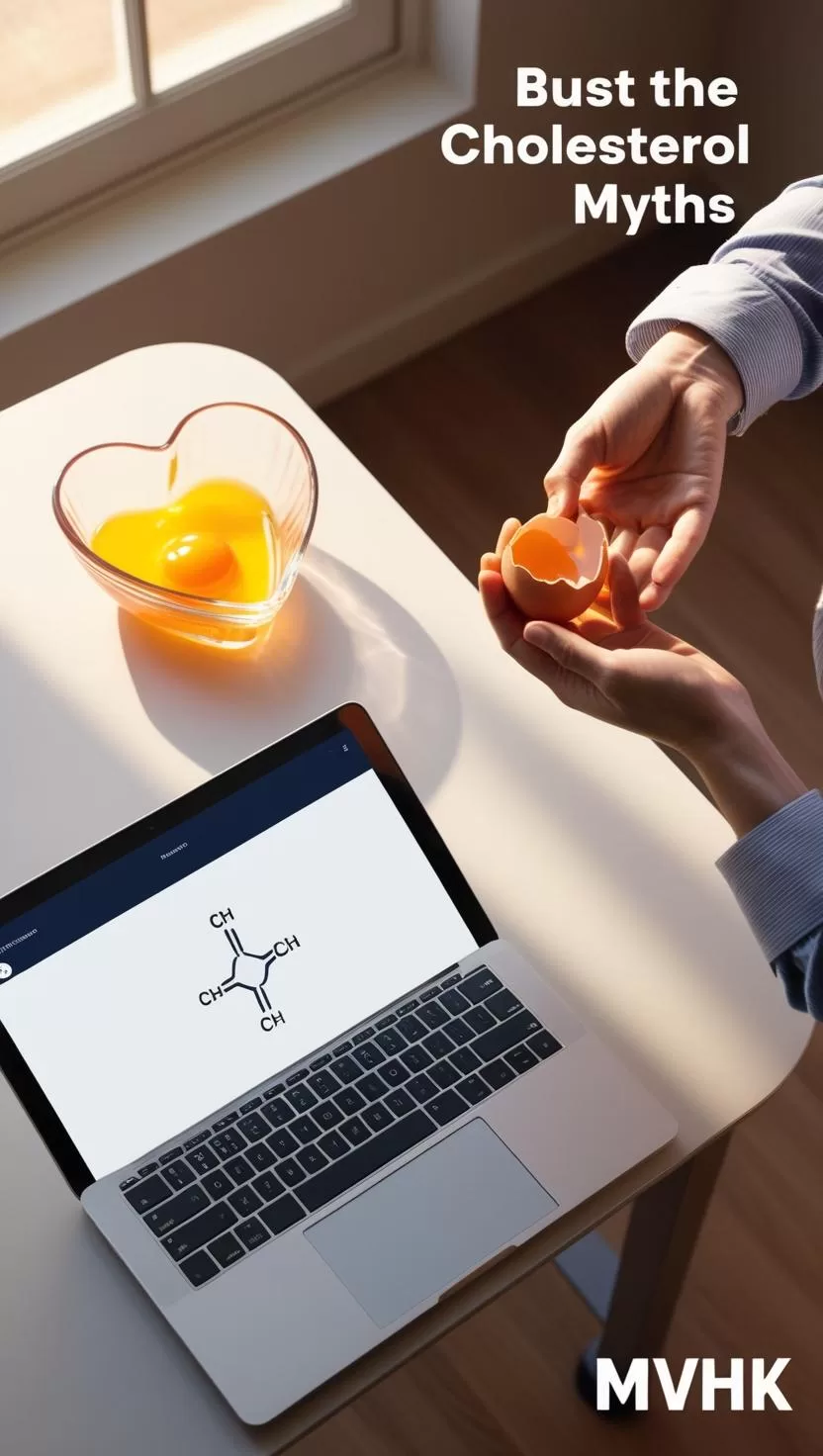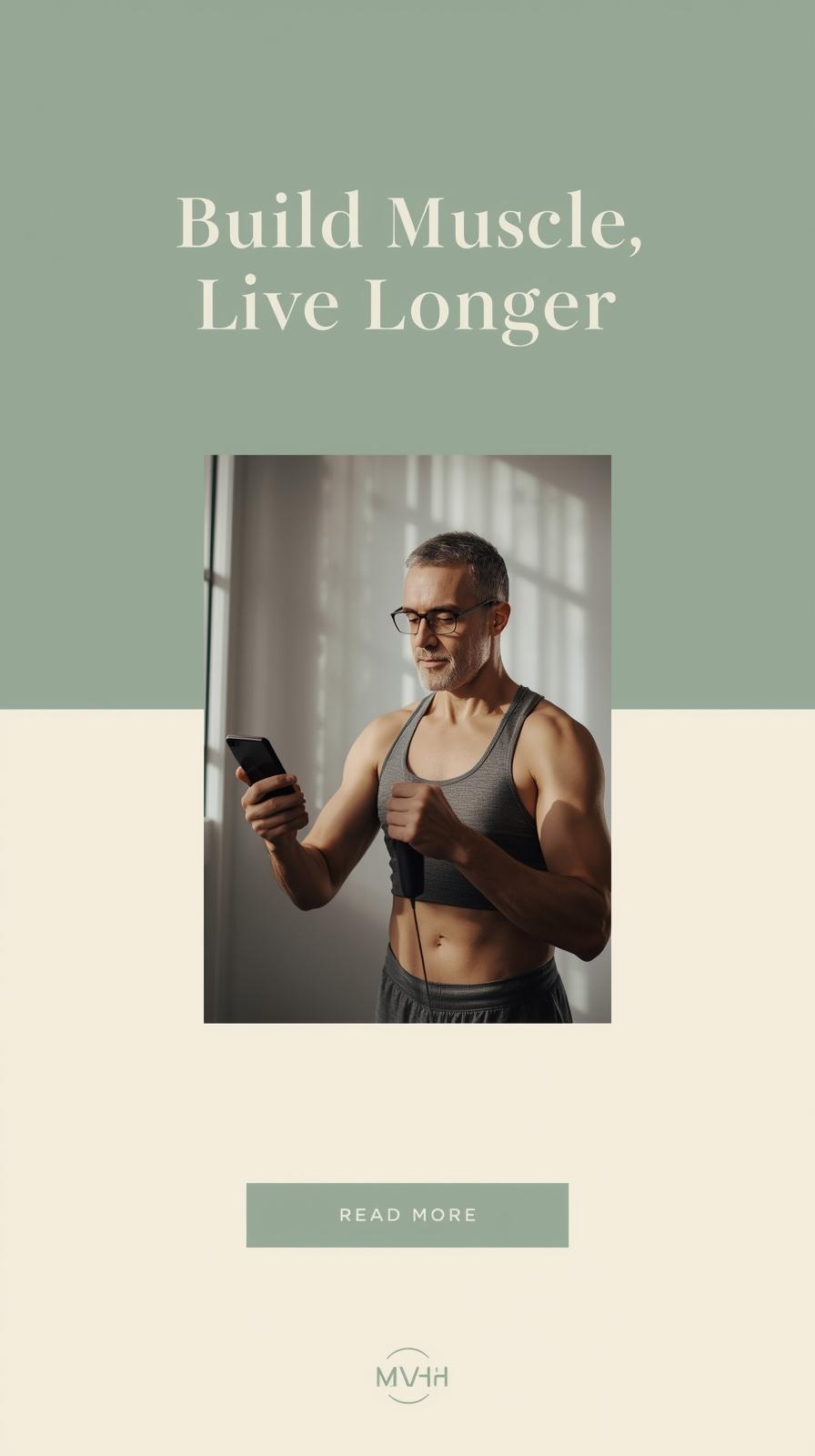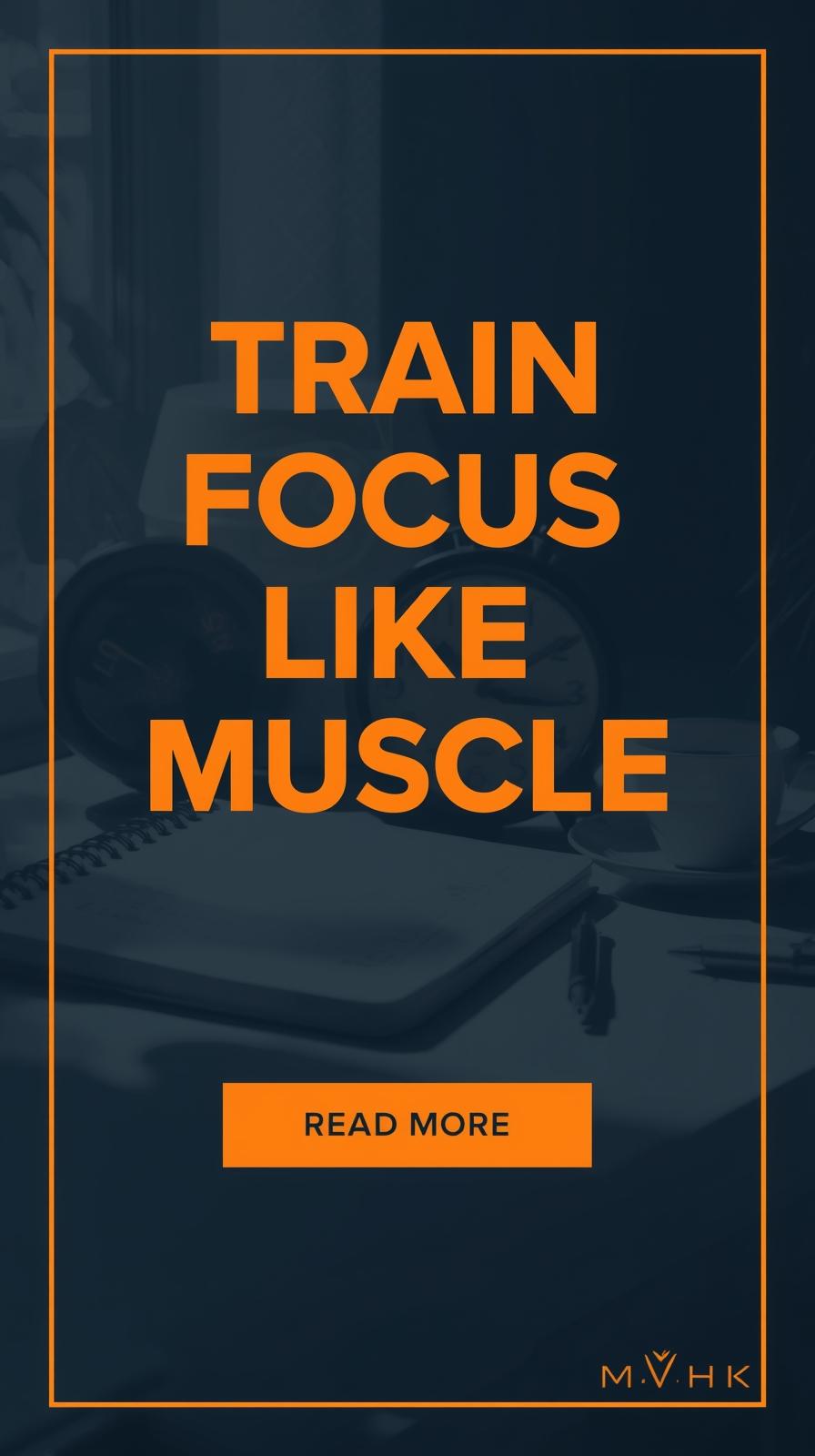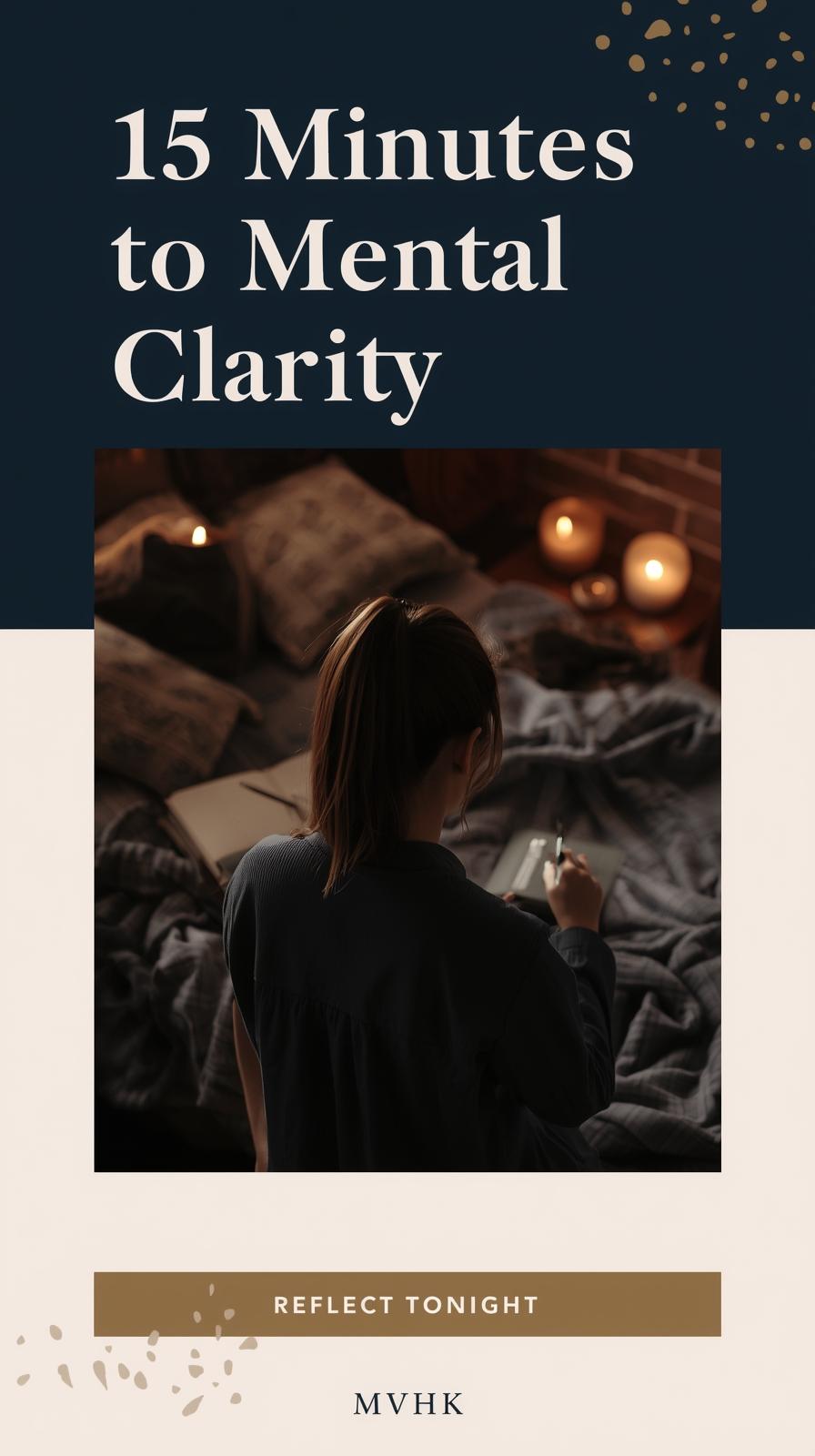Cholesterol Demystified – Natural Balance Strategies for Busy Professionals
Cholesterol isn’t your enemy—it’s the molecular workhorse behind every hormone surge that fuels your morning meeting. Yet many busy professionals scramble to exile it from their plates without understanding that balanced cholesterol, not zero cholesterol, is the key to long‑term vitality. In this deep dive you’ll learn why your body makes cholesterol, how lifestyle—not egg yolks—raises harmful LDL, and the natural steps you can start today to create a heart‑ and brain‑friendly lipid profile.
1️⃣ Why Your Body Makes Cholesterol
The Essential Building Block
- Hormones: Testosterone, estrogen, cortisol
- Vitamin D: Synthesized from cholesterol in skin under sunlight
- Cell membranes & myelin: Cholesterol keeps brain signals swift
| Function | Why Cholesterol Is Critical | Consequence of Too‑Low Levels |
|---|---|---|
| Sex‑hormone production | Fertility, libido, mood stability | Infertility, low libido, mood disorders |
| Myelin sheath | Fast nerve conduction, cognitive clarity | Focus issues, memory decline |
| Bile acid synthesis | Fat digestion & fat‑soluble vitamins | Poor nutrient absorption |
LDL & HDL – The Couriers, Not Heroes vs Villains
LDL ferries cholesterol to tissues; HDL carries excess back to the liver for recycling. Both are essential. Problems arise when small, dense LDL particles become oxidized and lodge in arterial walls, sparking inflammation. Harvard Health reminds us that HDL’s protective power depends on more than its sheer amount—it’s about particle functionality. Harvard Health
2️⃣ The Real Culprits Behind Dangerous LDL
Ultra‑Processed Foods & Sugar
Refined carbs trigger insulin spikes that convert surplus glucose into triglycerides and small‐dense LDL particles.
Chronic Inflammation & Sedentary Living
- Sleep debt & stress: Elevate cortisol → increases hepatic LDL output
- Lack of resistance exercise: Reduces muscle LPL activity that clears triglyceride‑rich lipoproteins.
A 2024 Harvard update notes that genetically high LDL (familial hypercholesterolemia) accelerates plaque build‑up, but even then lifestyle determines how much damage occurs. Harvard Health
3️⃣ Natural Ways to Improve Your Cholesterol Profile
Eat Smart Fats
- Eggs (2–4/week): Rich in choline for brain health; moderate intake shows no cognitive harm in large cohort studies. Health
- Fatty fish (salmon, sardines): Omega‑3s raise HDL and reduce triglycerides.
- Nuts & seeds: Provide plant sterols that compete with cholesterol absorption.
Master Daily Habits
- Lift weights 3×/week: Resistance training ups HDL by ~5–10 %.
- Sprint intervals: HIIT shrinks LDL particle size.
- 7–9 hrs sleep: Lowers inflammatory CRP, indirectly reducing LDL oxidation.
- Meditative breaks: Lower stress hormones that elevate hepatic cholesterol production.
Conclusion – How to Get Started Today
- Swap refined snacks for a handful of almonds.
- Schedule a 25‑minute strength circuit every other lunch break.
- Add two oily‑fish dinners this week.
- Book a fasting lipid panel to measure not just LDL‑C, but particle size and ApoB.
Ready for a longer life packed with mental clarity? Begin with these four shifts and watch your cholesterol profile—and work performance—transform.
FAQ
Is dietary cholesterol irrelevant to blood cholesterol?
Not entirely, but in most people the liver compensates; ultra‑processed carbs are a bigger driver of dangerous LDL.
What’s the ideal LDL number?
Aim for LDL‑C under 100 mg/dL and low ApoB; but context matters—consult a clinician.
Can plant‑based eaters lack cholesterol?
The liver makes cholesterol; vegans are unlikely to run too low unless calorie‑deficient or with absorption disorders.
- Harvard Health – “Rethinking HDL Cholesterol” Harvard Health
- PubMed – Egg intake & cognitive function study PubMed
- Harvard Health – Familial hypercholesterolemia update Harvard Health






